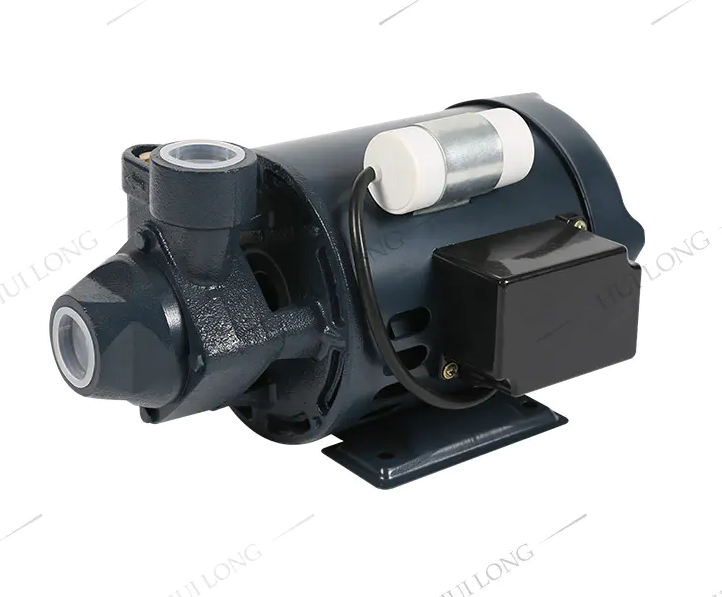The electric centrifugal pump is a workhorse in the world of fluid handling, playing a crucial role in various industries due to its efficiency and reliability. This type of pump operates on the principle of converting electrical energy into mechanical energy, which is then used to move fluids through a system.
At the heart of an electric centrifugal pump is an electric motor that drives an impeller. The impeller, a rotating component with vanes or blades, is designed to create a centrifugal force when it spins. As the impeller rotates, it draws fluid into the pump, accelerating it as it moves towards the outer edge. The high velocity of the fluid is then converted into pressure as it enters the volute casing or a diffuser, which directs the flow into the discharge pipe.
One of the key advantages of electric centrifugal pumps is their ability to handle a wide range of fluids, including water, oil, and chemicals. They are also known for their low maintenance requirements and high efficiency, which can lead to significant energy savings. Additionally, these pumps can be easily controlled and automated, making them ideal for use in modern, automated systems.
However, like any mechanical device, electric centrifugal pumps have their limitations. They are not suitable for handling highly viscous fluids or solids, and their performance can be affected by changes in fluid viscosity. Proper selection and installation are essential to ensure the pump operates at peak efficiency and longevity.
In summary, electric centrifugal pumps are versatile and efficient machines that are integral to many industrial processes. Understanding their operation and characteristics is vital for anyone involved in fluid handling systems.



